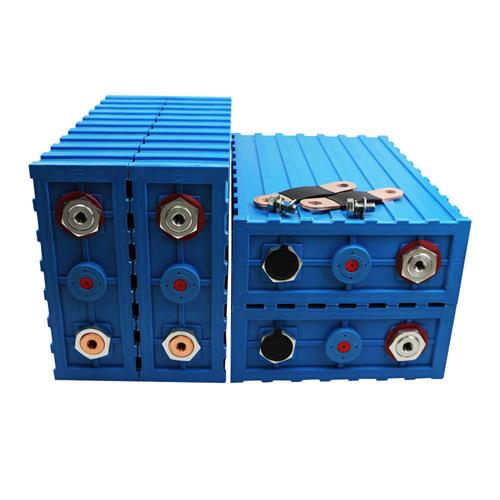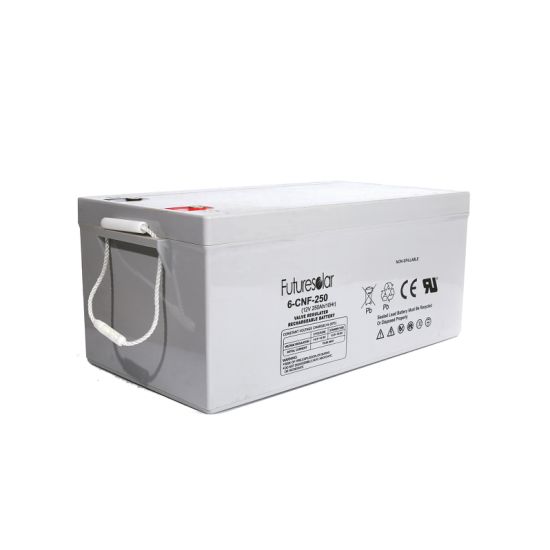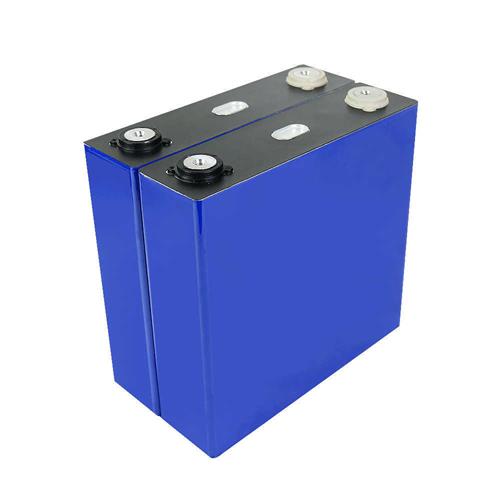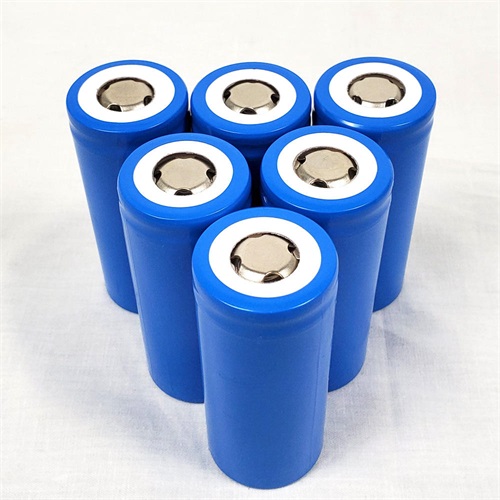The Ultimate Showdown Lithium Batteries vs. Alkaline Batteries
The Ultimate Showdown: Lithium Batteries vs. Alkaline Batteries
Introduction to Battery Types
Batteries are an essential part of our daily lives, powering everything from remote controls to electric vehicles. Among the plethora of battery types available, lithium and alkaline batteries stand out as two of the most commonly used. Understanding the differences between these two types of batteries can help consumers make informed choices based on their specific needs and preferences.
Composition and Chemistry
Lithium batteries, known for their lightweight and high energy density, utilize lithium as their primary component. They rely on the movement of lithium ions between the anode and cathode to generate electrical energy. In contrast, alkaline batteries are composed mainly of zinc and manganese dioxide, with an alkaline electrolyte, typically potassium hydroxide. This fundamental difference in chemistry plays a major role in their performance and applications.
Energy Density and Performance
One of the most significant advantages of lithium batteries is their high energy density. They can store more energy in a smaller space, making them ideal for devices that require long-lasting power, such as smartphones, laptops, and electric vehicles. Conversely, alkaline batteries have a lower energy density, which means they may need to be replaced more frequently when used in high-drain devices. However, they perform exceptionally well in low-drain applications, such as remote controls and wall clocks.
Longevity and Shelf Life

When it comes to longevity, lithium batteries outshine alkaline batteries. Lithium batteries can last several years, especially when stored unused, thanks to their low self-discharge rate. This characteristic makes them an excellent choice for emergency devices, such as flashlights and smoke detectors. Alkaline batteries, while usually less expensive, tend to have a shorter shelf life, often losing their charge faster when not in use. Consumers should consider their usage patterns when selecting between these two options.

Environmental Impact
Both lithium and alkaline batteries have environmental impacts that warrant attention. Lithium extraction has raised sustainability concerns, primarily due to the ecological footprint of mining practices. Although lithium batteries are more efficient and longer-lasting, they must be disposed of correctly to minimize environmental damage. On the other hand, alkaline batteries are often considered less hazardous. Many manufacturers have made strides towards reducing lead and cadmium levels, making them relatively safe. However, proper recycling practices are essential for both types to mitigate their ecological impact.
Cost Considerations
Cost is always a critical factor when it comes to choosing between battery types. Alkaline batteries are generally more affordable upfront, which makes them an attractive option for consumers on a budget, especially for low-drain devices. However, if one considers the cost over time, lithium batteries may prove to be more cost-effective in high-drain situations, as they last longer and reduce the frequency of replacements. Therefore, evaluating how often and in what devices the batteries will be used can aid in making the best financial decision.
Conclusion: Making the Right Choice
In conclusion, both lithium and alkaline batteries have unique advantages and drawbacks. Lithium batteries excel when used in high-drain devices requiring longevity and efficiency, while alkaline batteries are a cost-effective solution for low-drain applications. Understanding the differences in composition, performance, longevity, environmental impact, and cost can empower consumers to make informed decisions that best fit their energy needs. The choice ultimately depends on the specific application, budget, and environmental considerations, making this battery showdown essential knowledge in today’s technology-driven world.

